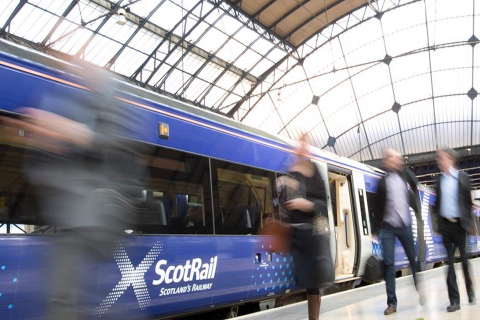Brits seek a sporting chance as strikes enter a second season

It has become a way of life for the weary would-be travellers on Britain’s railways. Despite making the headlines all week, there is a diminishing impact on daily life, as rail strikes are factored in to travel plans on a routine basis. In England, which is most affected, the traveling public is becoming hardened to the disruptions caused by the industrial action. However, major spectator sporting events, including the FA Cup Final, the Epsom Derby, and an international cricket match at Lords, were adversely affected in the latest round of action, causing inconvenience for sports fans and weakening public support for the unions.
Want to read more?
You have read all of your free premium articles for this month. Please become a subscriber to keep reading.
Subscribe now!
Take advantage of our exclusive offer to get full access to all premium content.




